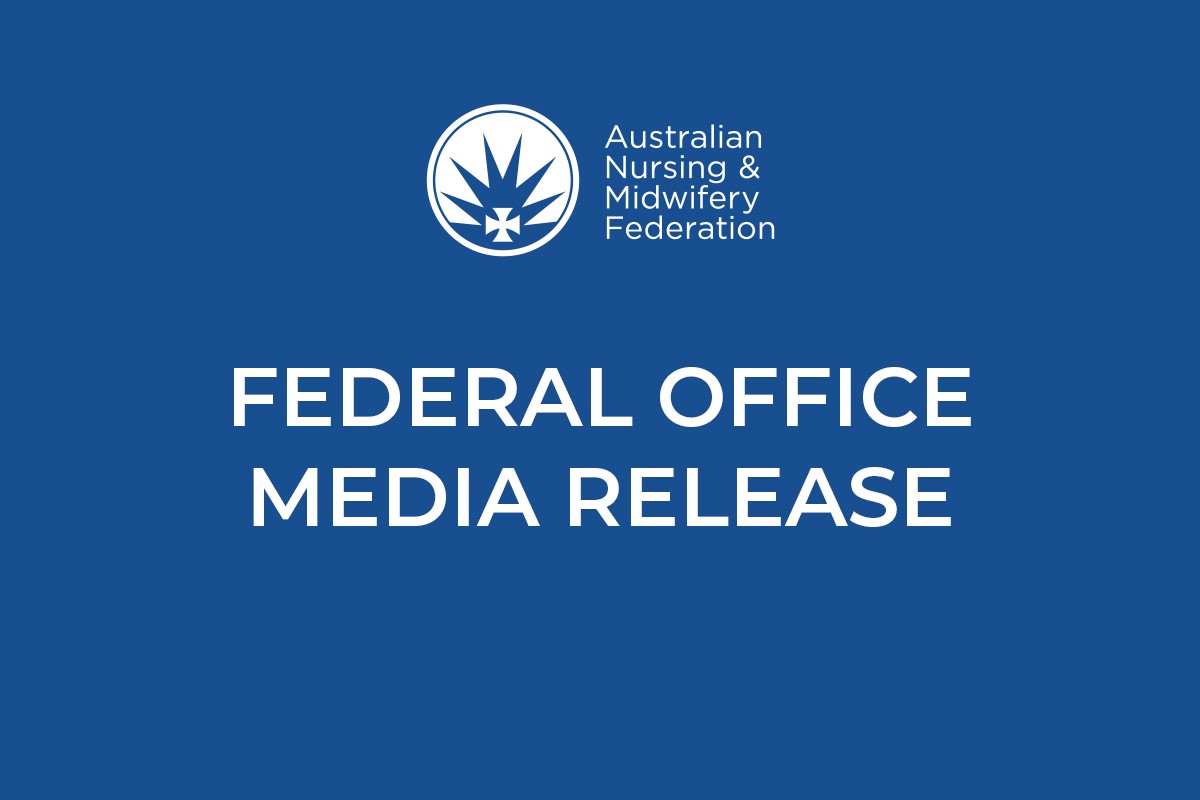Mental health nurses’ expertise makes a real difference to people recovering from mental illness, ANMF (Vic Branch) has told the Productivity Commission.
Nurse-led programs such as the Mental Health Nurse Incentive Program (MHNIP), nurse practitioner models and enhanced maternal and child health nurse approaches are essential, the Branch submission to the Productivity Commission’s consultation on The social and economic benefits of improving mental health says.
MHNIP mental health nurses provided cost effective community-based health care which improved overall mental health and social functioning for people, reduced hospital admissions and increased employment for some clients who engaged with a mental health nurse.
However in 2016 the Federal Government froze and then transferred funding for the MHNIP program – where people with a severe and persistent mental illness could engage with a mental health nurse – to the primary health networks’ flexible funding pool, despite evidence of the MHNIP program’s effectiveness.
The Federal Government under the Coalition also cut funding to the Perinatal Emotional Health Program despite its effectiveness. Data from a large Victorian hospital showed the program was associated with an average reduction in length of stay within maternity services of 1.7 days, a saving of $2635 per patient per stay or $806,310 per year based on 306 admissions in 2014.
ANMF recommends the Productivity Commission also examine maternity services and the work of midwives as interventions to improve perinatal mental health outcomes for women, as midwives and MCH nurses are uniquely positioned to identify women and families at risk or experiencing mental illness.
Improving the mental health of the general population entails a comprehensive, integrated approach which addresses general health and wellbeing, mental health and the social and cultural factors affecting them, the submission says.
ANMF asserts that supporting the health workforce helps to support and improve mental health and wellbeing of the general population.
It’s expected the economic costs associated with mental illness will increase six-fold over the next 30 years, with costs likely to exceed $2.8 trillion. Improved access to evidence-based nursing services is essential to reducing these costs, ANMF says.
A Pricewaterhouse Coopers report in 2014 estimated that the projected costs for not treating perinatal depression and anxiety in 2013 was $538 million. If the prevalence of women affected by perinatal depression was reduced by just five per cent (15,500 women) total costs in the first two years could be reduced by $147 million.
ANMF proposed a move away from activity-based funding models to a value-based approach to mental healthcare that puts the consumer at the centre of care and drives improvements to prevention and wellbeing support.




